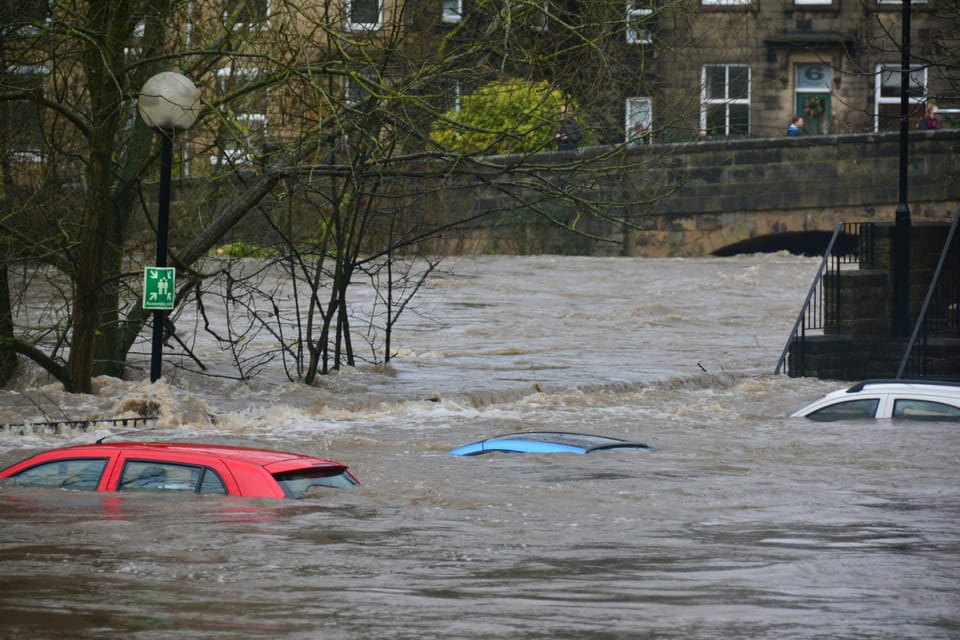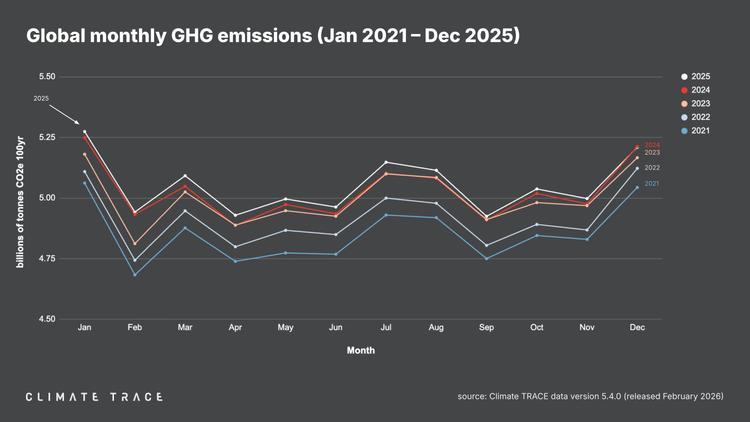Climate losses topped US$1.4tn last year – yet few countries are adapting
"Major economies are not doing enough to safeguard their economic resilience. This should worry business and investors."

Global losses related to climate change topped US$1.4 trillion last year – almost 10 times the total in 2000, according to new data released today by BloombergNEF.
With the analysis, BNEF highlights the importance of seeing climate resilience as a strategic investment and not just a cost centre, adding that governments are finally starting to align with investors on this topic.







